Jewelry Repair, Maintenance & the Ethics of Sales
A generous portion of jewelry store’s revenue, for better or worse, is jewelry repairs. As stated in previous blogs, selling jewelry out of the show case offers the most money for the least amount of work on the part of the store owner or staff. At least that is how it appears upon first observation. However, repairs play an integral role regarding consumer psychology, and it is our opinion here at Amore Fine Jewelry that without being able to repair and maintain people’s jewelry, preferably in store, then you will never build the trust with the customer to make larger sales to them in the future. Knowledge and experience on the bench also give insight into what pieces in your inventory will be a problem for certain customers in the future if purchased. For example, it is considered in some circles rude to ask what a customer does for a living, however it is of paramount importance to do so if you want to provide the best experience for your customer and that requires them not only having a good experience in the store but post purchase too. Nurses, school teachers and farmers are common in our area and although you may really want to sell that ornate pave band that you have had in the show case for the last 15 years it is prudent to ask the potential customer what they do and explain to them that either they should go with a different style, perhaps channel set if they work with their hands, or erg them not to wear this ring everyday and especially when they are working.

Explaining to them the repair process is equally important. Many people can afford a Mercedes, but they cannot afford the upkeep. This logic can loosely be translated to jewelry as well. A customer who has $5000.00 to spend and loves a piece in your showcase can certainly make a store owner’s day, but not informing the customer the pros and cons of such a piece as it relates to their lifestyle can incur problems for you as an owner or salesperson down the road. Customers tend to blame the jeweler if something goes south with their jewelry, even if it is their fault, and having a great sale only to have a bad review or loss of a potential recuring customer is simply not worth it. Like platonic guardians’ jewelers with bench and sales experience should marry the two disciplines and guide the customer to the best purchase for them personally. This may sound patronizing, and it is, but that is why they are paying you! Let’s be realistic here, jewelry tends to be a bad investment. In terms of opportunity cost a customer can do a lot more with that $5000.00 than buy a 14k white gold band with baguette diamonds set in it. Customers pay retail or above spot price and if they try to sell it down the road tend to be lucky if they can even break even. Nevertheless, customers buy jewelry because they like to wear it, and they tend to enjoy the experience of working with a professional. Both the product and the experience hold equal weight in most consumers’ minds.

Part of that experience is honesty, looking out for customers not just in that moment but for the rest of your relationship with them as their jeweler. This attitude has paid off for us and I am reminded of an episode of King of the Hill Called ‘The Miseducation of Bobby Hill’, where the main character Hank Hill a somewhat fastidious, perhaps anxious rube who sells propane in central Texas is showing his son Bobby the propane business and has a little sales competition at his job with his unscrupulous coworker Joe Jack. Hank has been the best salesperson for years but Joe Jack with the gift of gab is threatening his spot and Bobby admires his fast results driven tactics. The Joe Jack, a Svengali of sorts, can sell salt to a snail and appears to be beating Hank left and right with daily sales. Alternatively, Hank takes his time while inquiring about the life of the customer and tries to get a feel for their needs regarding his product. Hank will even go as far as telling the customer not to buy today but to read over the information he has provided for them and then to come back once they have digested the education he has given them! To short sighted salespeople this sounds downright stupid. However, by the end of the month, on the last day of the competition, just when Hank seems vanquished by the maverick results of Joe Jack, slowly but surely Hank’s customers come in ready to purchase while also grateful for his slow but steady guidance. At the same time Bobby and Joe Jack have a series of irate customers coming in angry that he sold them either the wrong unit or misled them about what the unit he sold them could do. Having been doubted by everybody, including the overbearing boss Mr. Strickland as well as his son Bobby, Hank’s victory seems that much sweeter. The moral of the story is a singular focus on getting inventory out the door as fast as possible is a pyrrhic victory. The cost ultimately to one’s reputation and pocketbook far outweighs the initial rush and seemingly easy financial success that comes with, at its most sanguine interpretation lazy and at its most malicious downright unethical sales tactics.

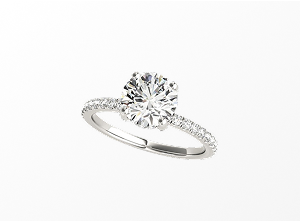
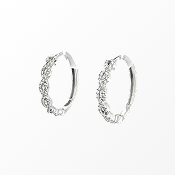

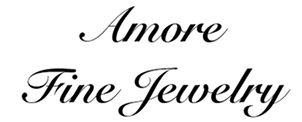

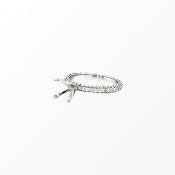


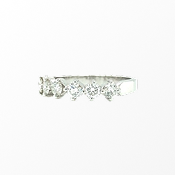
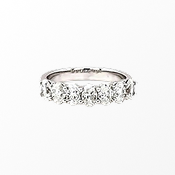

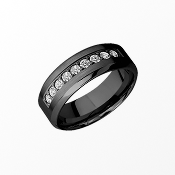
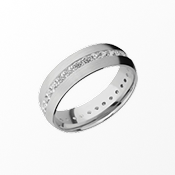

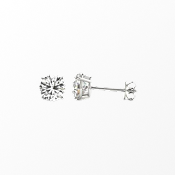
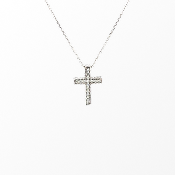
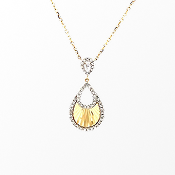

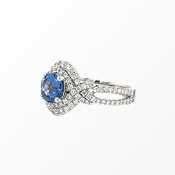
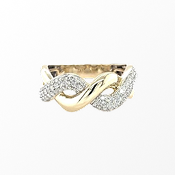

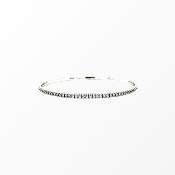
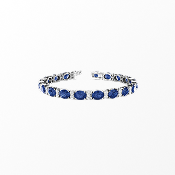

Leave a comment